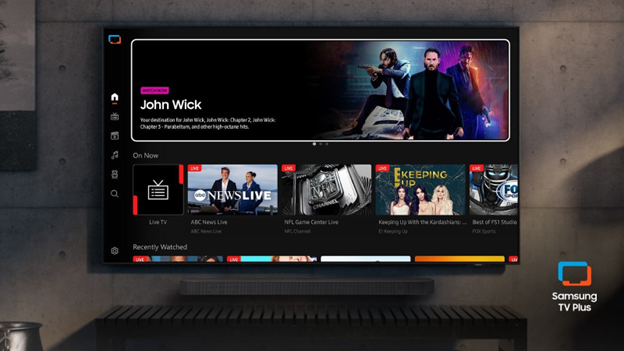The FCC this week released its latest quarterly report of broadcast station totals. Comparing the totals as of June 30, 2014 with totals as of March 31, 2014, the number of commercial and non-commercial full power TV station licenses dropped to 1,782 due to the loss of one UHF commercial TV station.
One surprise was the number of Class A UHF stations actually grew from 379 to 384. The number of Class A VHF stations dropped by two, to 48. The number of VHF LPTV stations increased by four to a total of 381, while the number of UHF LPTV stations dropped by 11 to 1,647, an overall drop of seven LPTV licenses.
The number of TV translators also dropped, leaving 2,865 UHF TV translators (loss of 36) and 973 VHF TV translators (loss of 82).
While the number of LPTV and TV translator stations dropped, FM translator licenses grew from 6,082 to 6,141 and the number of LPFM licenses increased by 40 to 814 in the last three months. Full power AM and FM commercial radio station licenses dropped slightly, to 4,721 and 6,622 licenses respectively, while the number of FM educational stations grew from 4,057 to 4,082.
From FCC Broadcast Stations Totals as of June 30, 2014.
The professional video industry's #1 source for news, trends and product and tech information. Sign up below.

Doug Lung is one of America's foremost authorities on broadcast RF technology. As vice president of Broadcast Technology for NBCUniversal Local, H. Douglas Lung leads NBC and Telemundo-owned stations’ RF and transmission affairs, including microwave, radars, satellite uplinks, and FCC technical filings. Beginning his career in 1976 at KSCI in Los Angeles, Lung has nearly 50 years of experience in broadcast television engineering. Beginning in 1985, he led the engineering department for what was to become the Telemundo network and station group, assisting in the design, construction and installation of the company’s broadcast and cable facilities. Other projects include work on the launch of Hawaii’s first UHF TV station, the rollout and testing of the ATSC mobile-handheld standard, and software development related to the incentive auction TV spectrum repack. A longtime columnist for TV Technology, Doug is also a regular contributor to IEEE Broadcast Technology. He is the recipient of the 2023 NAB Television Engineering Award. He also received a Tech Leadership Award from TV Tech publisher Future plc in 2021 and is a member of the IEEE Broadcast Technology Society and the Society of Broadcast Engineers.
